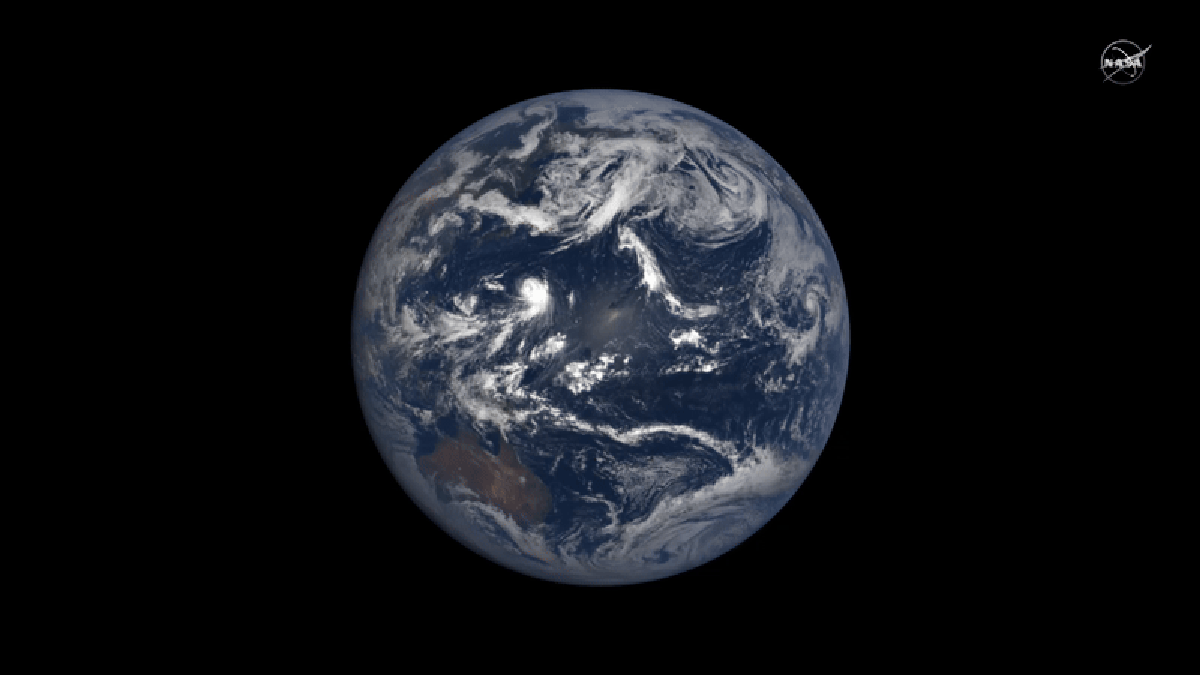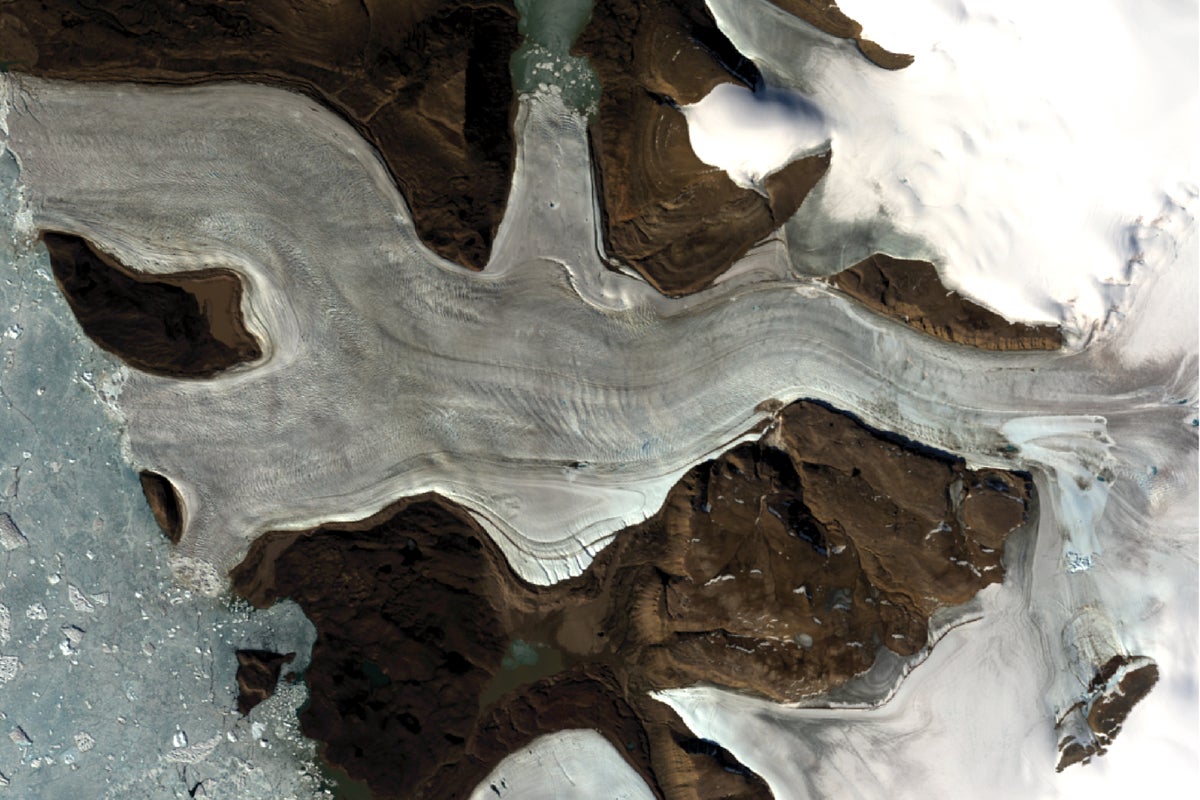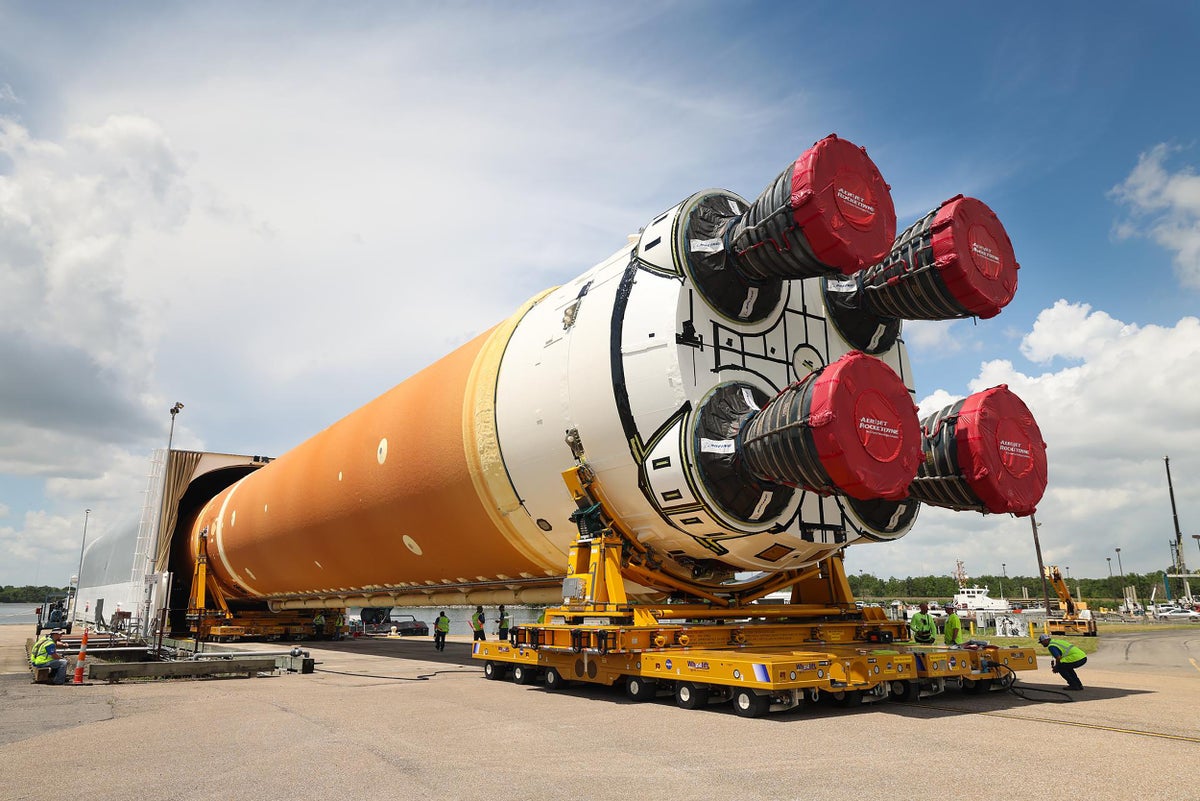Now Reading: Earth’s Faster Spin This Summer Trims Days by Milliseconds
-
01
Earth’s Faster Spin This Summer Trims Days by Milliseconds
Earth’s Faster Spin This Summer Trims Days by Milliseconds

Fast Summary:
- A few days this summer, including July 10, July 22, and likely August 5, were slightly shorter due to Earth’s faster rotation-losing about a millisecond compared to recent averages.
- Scientists attribute these variations in Earth’s rotation speed to multiple factors:
– The slowing of Earth’s fluid core over past decades has caused the planet’s surface to spin slightly faster.
– Seasonal atmospheric changes lead to annual cycles; Northern Hemisphere summers see Earth rotate more quickly due primarily to shifts in jet stream speeds.
– The moon’s gravitational pull affects daily and millennial cycles of Earth’s spin by altering tides and tidal bulges’ positioning relative to the planet’s axis.
- Geologic trends show Earth’s rotation slowing over millions of years due to ocean tidal friction from lunar forces-but recent decades have shown minor speed-ups tied largely to core dynamics.
- Despite advanced scientific observations using quasars and high-precision methods, predicting Earth’s long-term rotational changes remains challenging.
Indian Opinion Analysis:
India relies increasingly on precise global systems like GPS for infrastructure development, navigation technologies, disaster management coordination, and military applications. Even seemingly negligible phenomena-like fluctuations in Earth’s rotational speed-impact satellite alignment and high-tech geolocation systems central to such operations. As India continues expanding its space program (via ISRO), tracking these planetary dynamics may strengthen its ability not only for astronomical research but also practical applications within logistics-heavy sectors like agriculture or transport.
Given that Earth’s rotation rate impacts millisecond-scale global timekeeping standards without disrupting everyday life noticeably yet integrates deeply into science-backed processes worldwide-the focus must remain on advancing observational tools.India’s growing investments into quantum computing or atomic clock technology could further ensure resilience against any destabilizing effects on critical precision-based systems.






















